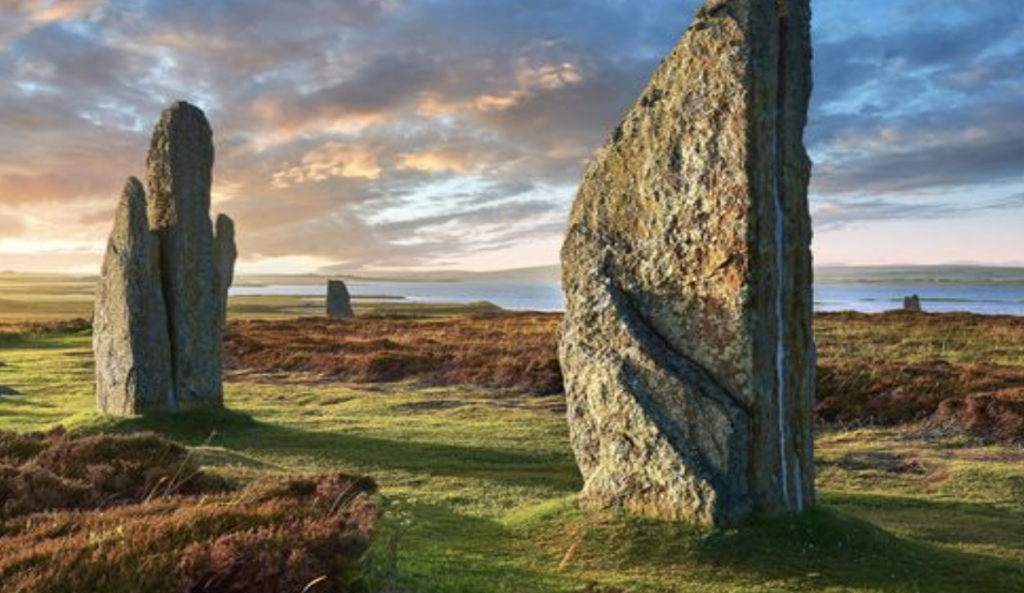All planetarium shows begin at 7:30pm.
Admission opens at 7:00pm; $5/adult, $3/student, 6 and under free.
Telescope viewing afterwards on clear nights.
June 1 – Planetarium Centennial
The concept of a planetarium was started exactly one hundred years ago! We will explore a short history of planetariums through history and make predictions about the planetarium of the future.
Presented by Tom Burleson
June 8 and June 22 – Life in the Universe
One of the questions which humans have been asking for centuries is, “Are we alone in the universe?” This Saturday we will explore the types of life we might expect to find on other bodies in our solar system. During our presentation you might also learn some surprising facts about creatures here on Earth that are new to you! I hope you will join us.
Presented by Gena Crook
June 15 – Why is Lunar Science ‘Going South’?
Why does everyone want to go to the moon’s south pole?
Presented by Erik Silkowski
What’s wrong with the moon’s equator or mid latitudes?
Is it cold at the lunar pole?
Will there be polar bears? Lunarians?
Will they bring penguins for company?
Isn’t it more difficult to get to the lunar pole than equator?
And what’s wrong with the moon’s north pole?
Are the people making these decisions lunatics?
Why do scientists ask so many questions?
Don’t you want to come to the show and find out?
June 29 – Huntsville’s Place in Space
As we prepare to go back to the Moon for the first time in over 50 years, the importance that Huntsville
played both back then and right now is something to remember. Join VBAS President Michael Buford for a
Presented by Michael Buford
look through the history of Huntsville’s amazing contributions in aviation, its massive importance during the
Space Race, and Huntsville’s place in space now and in the future!


